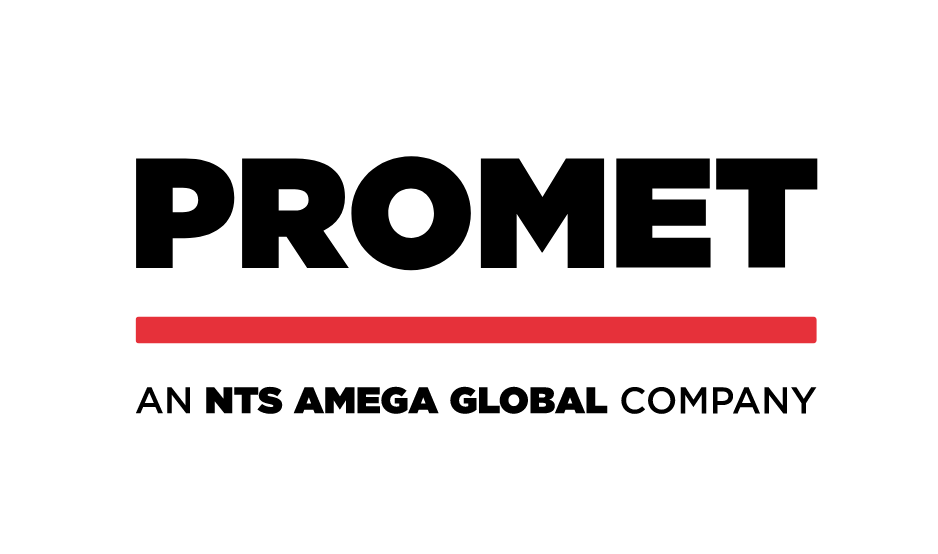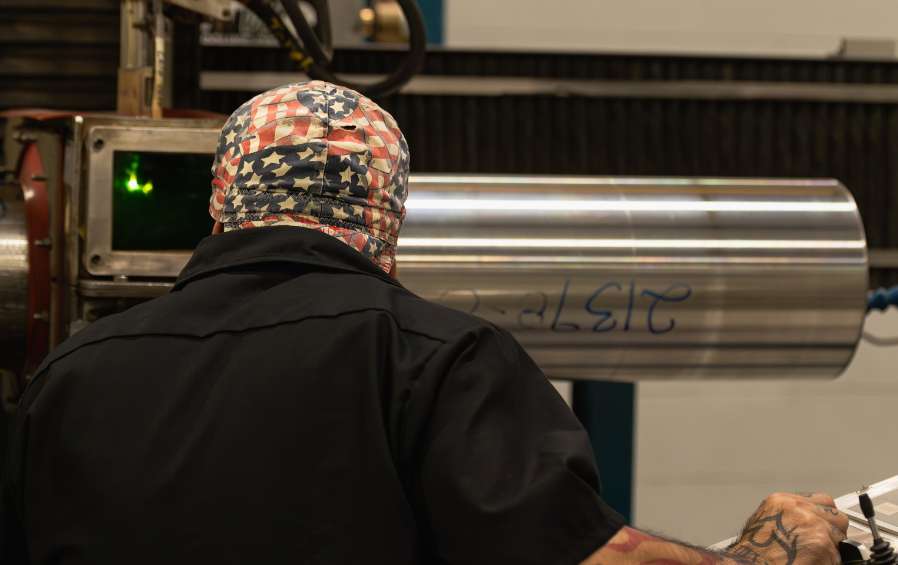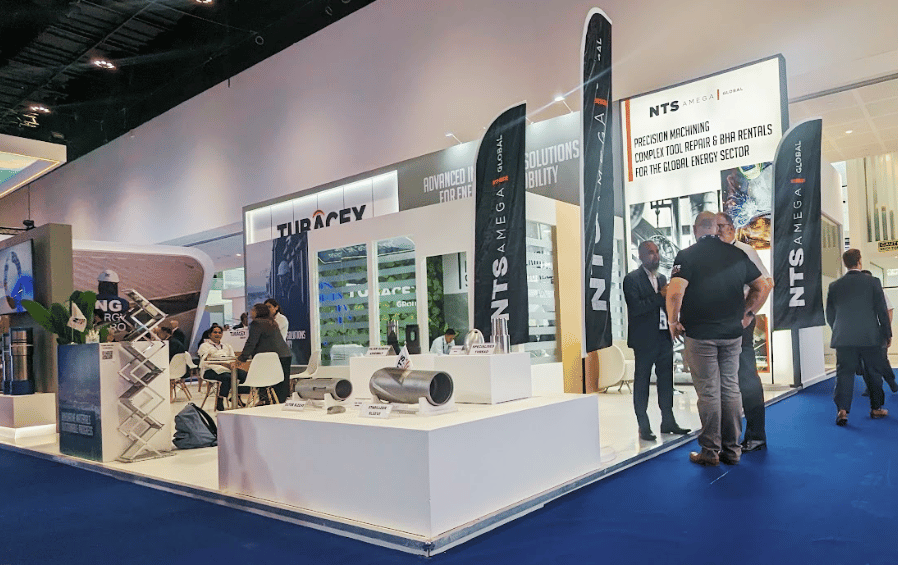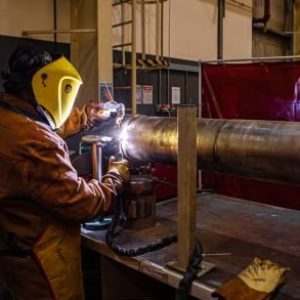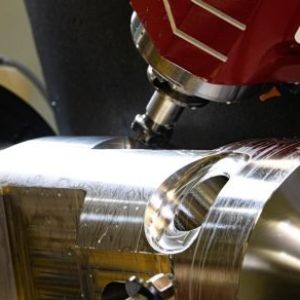Deep hole drilling, a precision machining process, has revolutionized industries requiring intricate and elongated cavities in metal workpieces. This article delves into the nuances of deep hole drilling, encompassing its definition, various types, benefits, and considerations, highlighting NTS Amega Global’s increased capabilities in this domain.
Overview of Deep Hole Drilling
Deep hole drilling stands out for its ability to create holes significantly deeper than their diameter, typically achieving a depth-to-diameter ratio of at least 10:1. Initially developed for precise gun barrel manufacturing, this process has expanded to serve diverse sectors requiring intricate, accurate, and lengthy boreholes.
Four Types of Deep Hole Drilling
- Precision Honing: Utilizes abrasive grains in a binder to achieve a precise surface finish on metal workpieces.
- Gun Drilling: Employs a rotating drill bit with cutting teeth to create deep and narrow holes.
- BTA Drilling: Similar to gun drilling but utilizes a specialized BTA drilling machine for enhanced efficiency.
- Trepanning: Removes a cylindrical core from a material, preserving the valuable solid cores for reuse.
Benefits
- High Precision: Achieves tight positional tolerances and intricate bore shapes.
- Versatility: Suitable for various metals, including superalloys like titanium and Inconel.
- Efficiency: Reduces material wastage and subsequent machining operations.
- Complex Form Features: Capable of creating custom shapes and transitions within bores.
- Residual Stress Measurement: Enables stress analysis through techniques like DHD residual stress measurement.
Key Considerations
- Specialists and experts: This is a specialized service requiring specific machinery, tooling, and expertise.
- Safety: Due to the complexity and high-pressure coolant involved, operator safety is paramount, and a number of critical processes and procedures must be followed during the drilling process.
- Material Selection: Different metals may require specific drilling techniques and tooling.
- NTS Amega Global Deep Hole Capabilities
NTS Amega Global has invested in deep hole capabilities, offering a wide array of services including:
– Concentric and eccentric hole drilling with tight positional tolerances.
– Angled hole drilling for complex geometries.
– Custom form features, seal bores, bottle boring, and wire passage drilling.
– Compression burnishing, honing, and surface finish inspection services.
– Tool management and scheduling for efficient operations.
Conclusion
In conclusion, deep hole drilling is a sophisticated machining process with immense potential across industries. From precision honing to trepanning and advanced capabilities like those offered by NTS Amega Global, this technology continues to push the boundaries of what’s achievable in metal fabrication. As industries evolve, this capability remains a cornerstone for achieving complex geometries, high precision, and operational efficiency.
You can read the full list of NTS Amega Global’s deep hole drilling capabilities and expertise here


